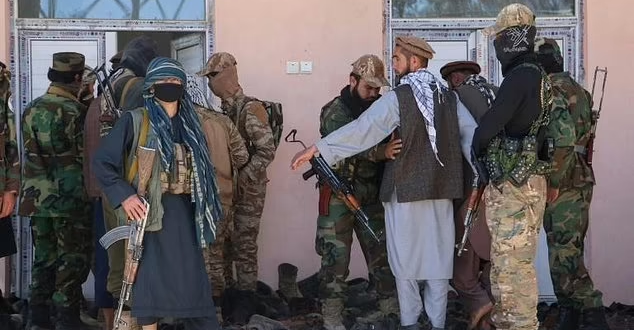AT
Kabul: Despite satellite evidence showing a decrease in opium production under Taliban rule, recent clashes in Afghanistan’s Badakhshan province highlight the resistance faced by anti-narcotics units from farmers stripped of their livelihoods.
The end of last week saw deadly confrontations in the mountainous region, resulting in two fatalities according to provincial police. Clashes ensued when anti-narcotic units attempted to eradicate poppy crops in rural areas of the province.
Authorities reported one death each in Darayim and Argo districts, with a statement attributing the violence in Argo to a dispute between Taliban officials and manipulated farmers. Locals allegedly confronted the officials, leading to one fatality and injuries to six others.
Afghanistan, once the largest producer of opium, banned poppy cultivation in April 2022 under Taliban leadership. While hailed by the international community for drastically reducing production, the ban caused severe economic repercussions for farmers, who lost the majority of their income.
Efforts to incentivize alternative crop cultivation have had limited success, as the financial allure of poppy cultivation remains unmatched. Consequently, some farmers continue to discreetly cultivate small poppy plots.
The ban has caused opium prices to surge by 124 percent within a year, reaching $800 to $1,000 per kilogramme as of March 2024, as reported by the UNODC.
In response to the recent clashes, a high-level committee has been deployed to investigate the events, with assurances from government officials that the eradication decree applies uniformly across all regions. Fasihuddin Fitrat, chief of staff of the ministry of national defence and a native of Badakhshan, will lead the investigating committee.
 Afghanistan Times
Afghanistan Times




